For a few years now, Outbyte has been making charitable donations to ACRF, the Australian Cancer Research Foundation to support the ACRF Tumour Metabolism Laboratory. With a cancer diagnosis of one of our colleagues in 2020, Outbyte has increased its support for employees that are affected, as well as for ACRF and their charitable work. We also support other cancer research and treatment initiatives that are conducted at University of Sydney and MQ Health, as well as Gift of Life foundation.
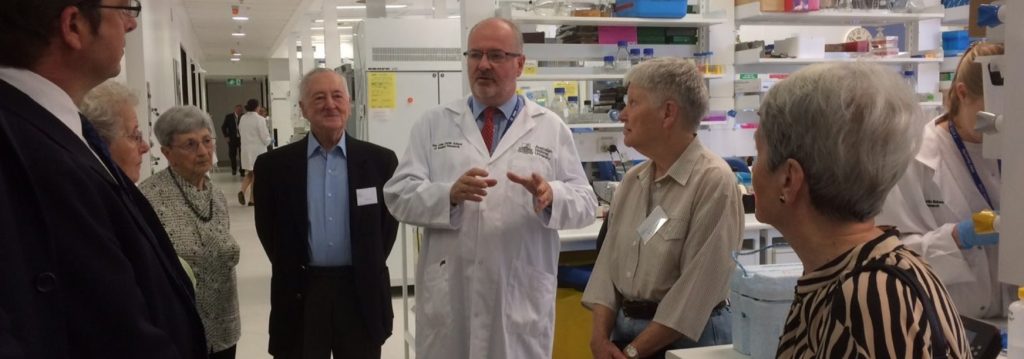
The ACRF
The ACRF is a foundation dedicated to providing equipment for scientists to improve the prevention, diagnosis, and treatment of all cancer variants. It has awarded 78 grants, totaling more than AU$165 million since its founding in 1984.
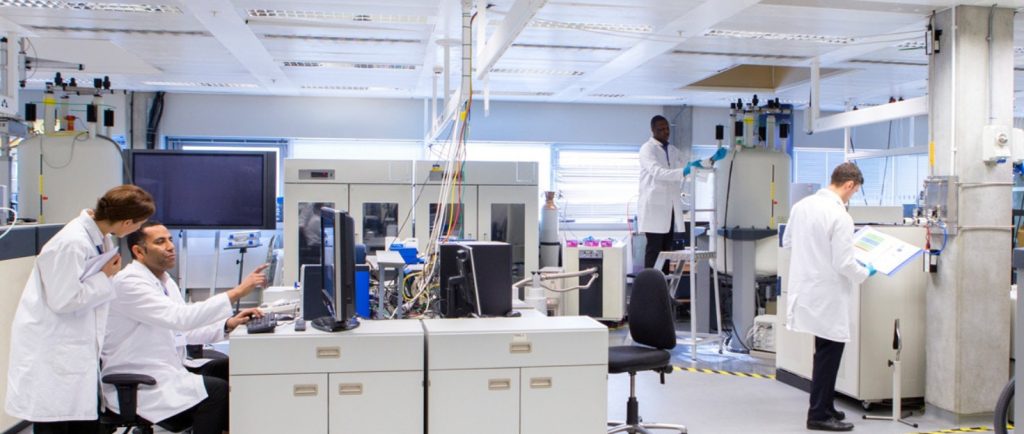
The ACRF Tumour Metabolism Laboratory is dedicated to the study of tumour cell metabolism, that is how cancer cells process nutrients to produce the energy used to make more cancer cells. The aim of researching the difference in cell metabolism between normal and cancer cells, is to be able to develop anti-cancer therapies that prevent cells from becoming cancerous.
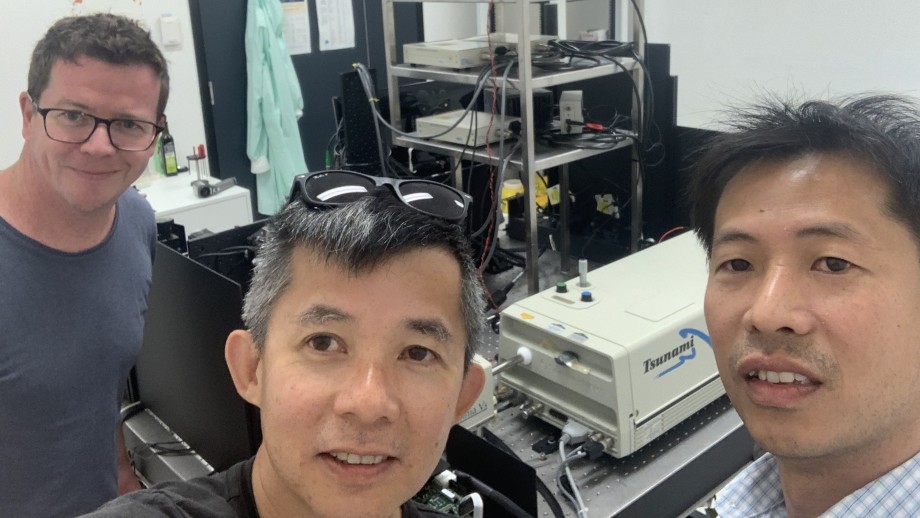
MQ Health
One of MQ Health’s core branches of research is into the causes and treatment of cancers. Its research ecosystem pipelines research from the lab, to pre-clinical research, to clinical trials, then to clinics and hospitals. Outbyte is supporting this young, promising charity along with other, more established charitable organizations.
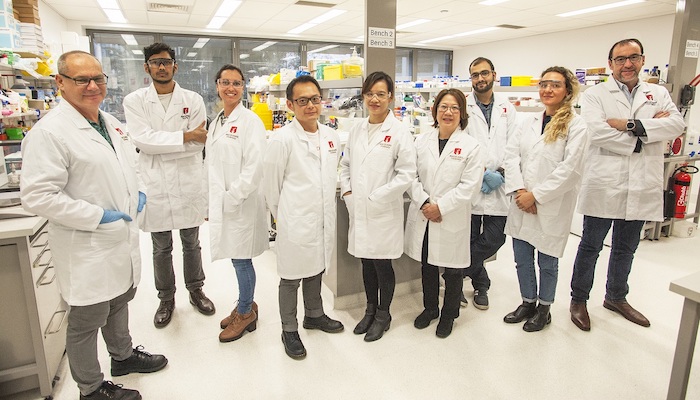
A range of scientists are involved in MQ Health’s research across a broad range of cancer types. This research covers improving the ability to diagnose and target cancers, optimizing current therapies, and developing and trialing new therapies. One of the key research points involves the research of subtle molecular variations in types of melanomas, in order to refine and combine therapies to target the specific types of cancer affecting a patient.
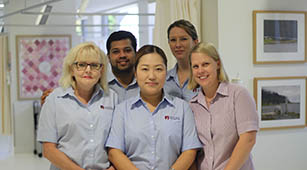
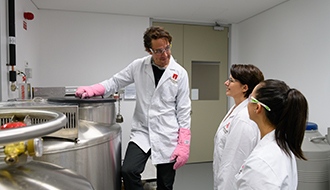
University of Sydney
The University of Sydney performs award-winning research on cancer prevention and screening, cancer genetics and the development of new drug-, cell-, and radiation-based therapies. One of the key subjects of research involves contributing to a database detailing the molecular make-up of cancers. This will allow clinicians around the world to develop more targeted treatment plans for individual patients based on the specific protein signatures of their patients’ cancer cells.
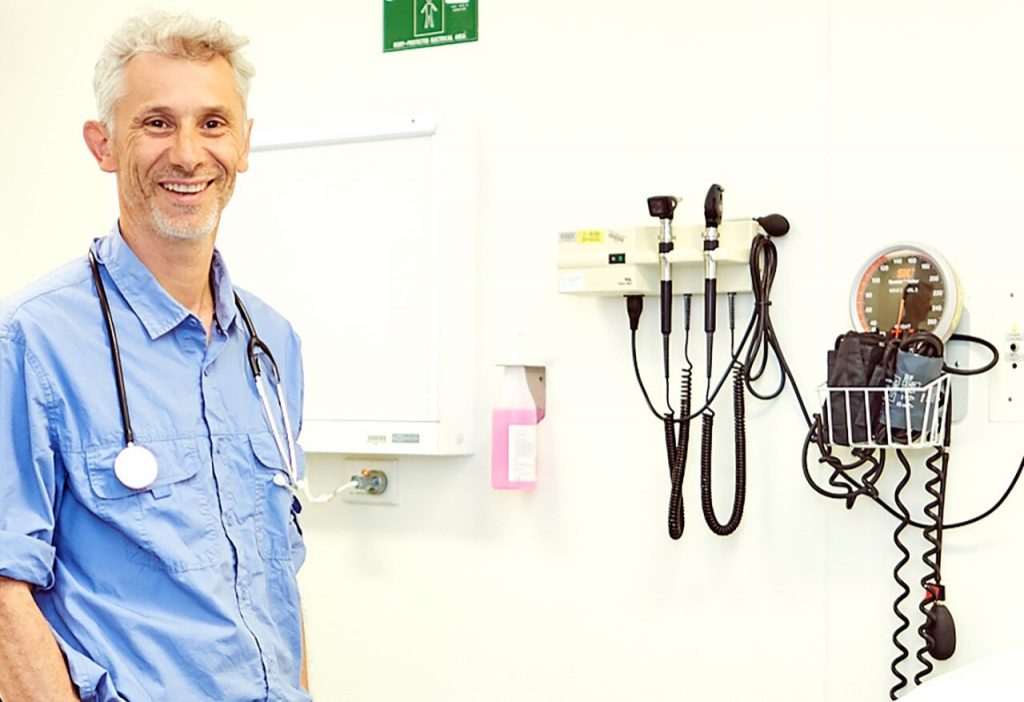
The use of nano-diamonds and other nano-scale technologies as a cancer identification tool and drug delivery platform is another key point of research. It is focused on being able to reduce dosages by enhancing the accuracy of chemotherapy and other treatments resulting in fewer and less severe side effects for the patient.
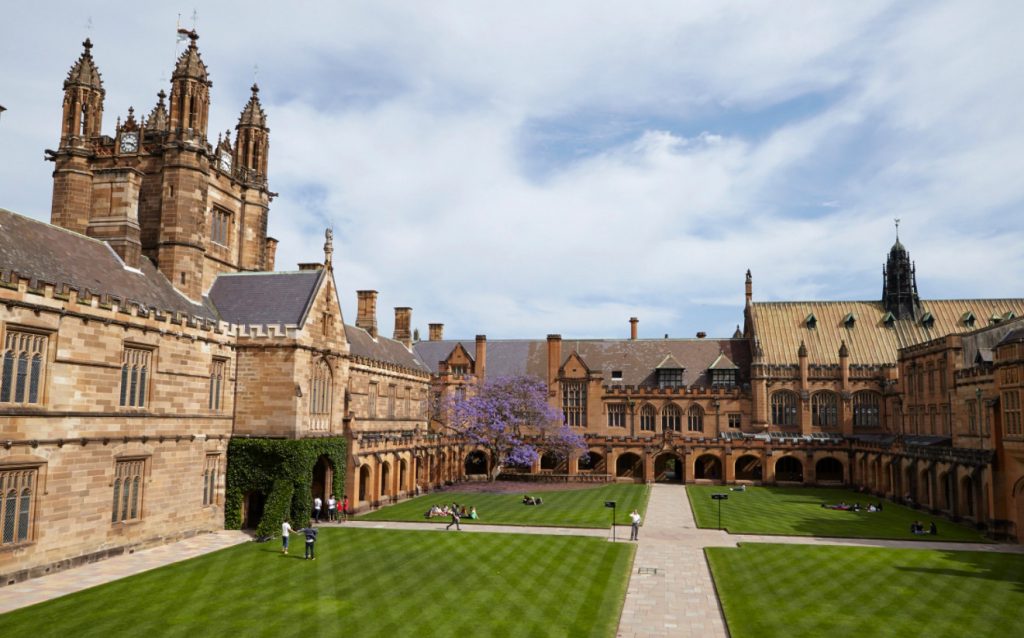
Gift of Life Foundation
The Gift of Life Foundation is a charitable organization aimed at reducing the death rate of children with cancer. Statistics show that children with cancer in the EU and US have a 90% survival rate while the children that the Gift of Life Foundation supports have only a 70% survival rate – this is for several reasons, but chief among them is that they don’t have access to top-tier medications and treatment facilities.
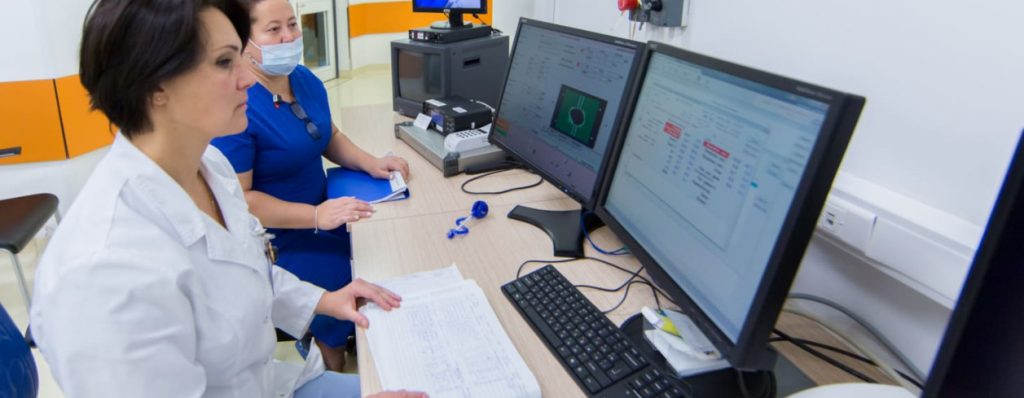
The primary purpose of the Gift of Life Foundation is to import expensive medicines and bone marrow donations that aren’t otherwise available for the children that need them. They also pay for foreign surgeons to travel to perform surgeries, for the training of local surgeons and when necessary for surgeries to be performed abroad.
What has been achieved in the past year
Despite the many challenges posed by the global COVID-19 pandemic, the ACRF team has managed to deliver on the promise of creating the ACRF Centre of Intravital Imaging for Cancer Immune Therapy (INCITe). This centre will bring together cancer biologists, immunologists and physicists from across Australia to implement new technologies to real-time studies that will allow them to develop new immunotherapy approaches.
The centre became fully operational in December 2021 once the Installation and commissioning of the new EndoNICHEScope and Molecular NICHEScope was completed.
The development of the revolutionary Raster Adaptive Optics (RAO) module has been completed and is expected to be installed in the first quarter of 2022. It means that for the first time cells and molecules in the ‘dark space’ below the surface of tumours and deep inside tissues will be seen in ways that were not even possible before.
The recruitment of the ACRF INCITe Fellow, using the collaborative funding agreement that ACRF has in place with Cancer Institute NSW, has been completed. Despite the short time window, the team has published two important papers in leading journals, one in Cell and one in Cell Reports.
As a result of recent research, a study outlining new ‘priming’ approaches to improve pancreatic cancer response via FAK inhibition has led to clinical trials.
Another study demonstrated that drugs against ovarian cancer can be utilised to block the spread of breast cancer to the lungs and other secondary organs.
Intravital imaging of cancer immune niches in bone will help discover how cancer cells escape immune surveillance.
Capital works were completed in September 2021 and involved extensive refurbishment to level 3 of the Kinghorn Cancer Centre making it fully operational in December 2021. This was a major achievement given the global supply chain and access issues imposed by the COVID-19 pandemic and the effect of lockdowns.
Outbyte and Our Charitable Future
In the next few years, we will continue to support all of these programs. Outbyte has taken a proactive stance against cancer and is constantly on the lookout for new ways to contribute to cancer research, prevention, and treatment.
Survival statistics for cancer have improved over the past few decades thanks to millions of dollars spent on research and development. More work still needs to be done though to further increase survival rates as well as reducing the side effects of treatments. Continued funding helps to provide current treatments that save lives daily and to develop new detection methods, tools and therapies that will save countless lives in the future.
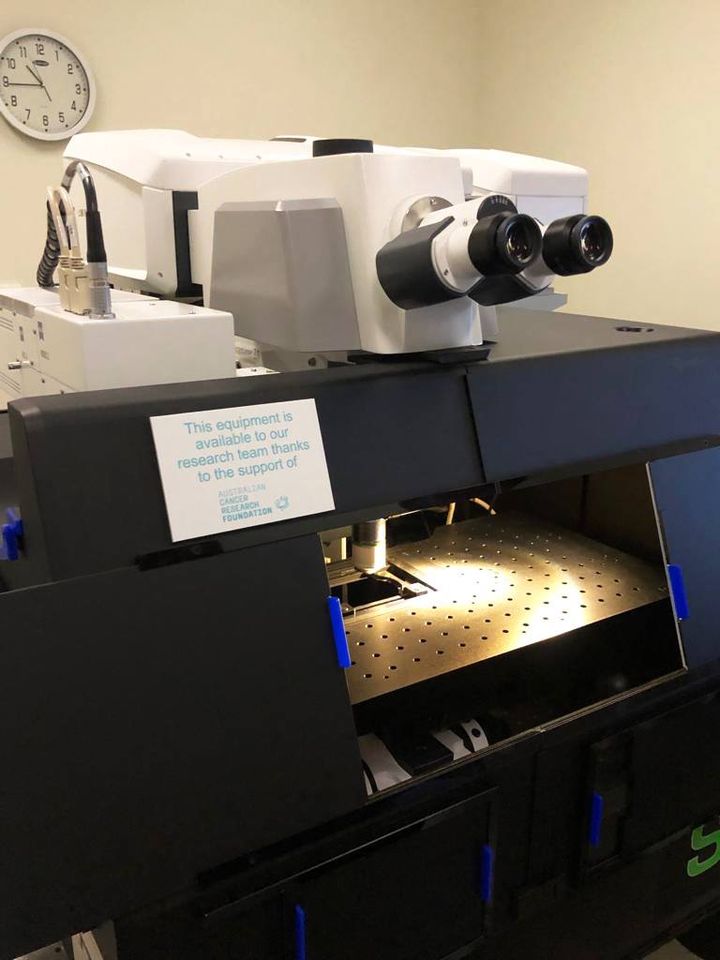
One promising area of research is into the personalised analysis of cancer cells, allowing for targeted treatments for individual patients. Other research aimed at more precisely performing surgeries and delivering drugs will reduce the risks of surgeries and allow for reduced drug dosages minimising the side effects for patients – that is what, for example, the University of Sydney and MQ Health are looking into.
Cancer is a disease that does not discriminate and can affect anyone, at any time, directly or indirectly. Contributing to the research effort may help to save the life of a co-worker, friend, family member or even yourself. If you’d like to help us support any of our partnered charities, you can donate directly to them via the links below! Every small bit can make a difference.




